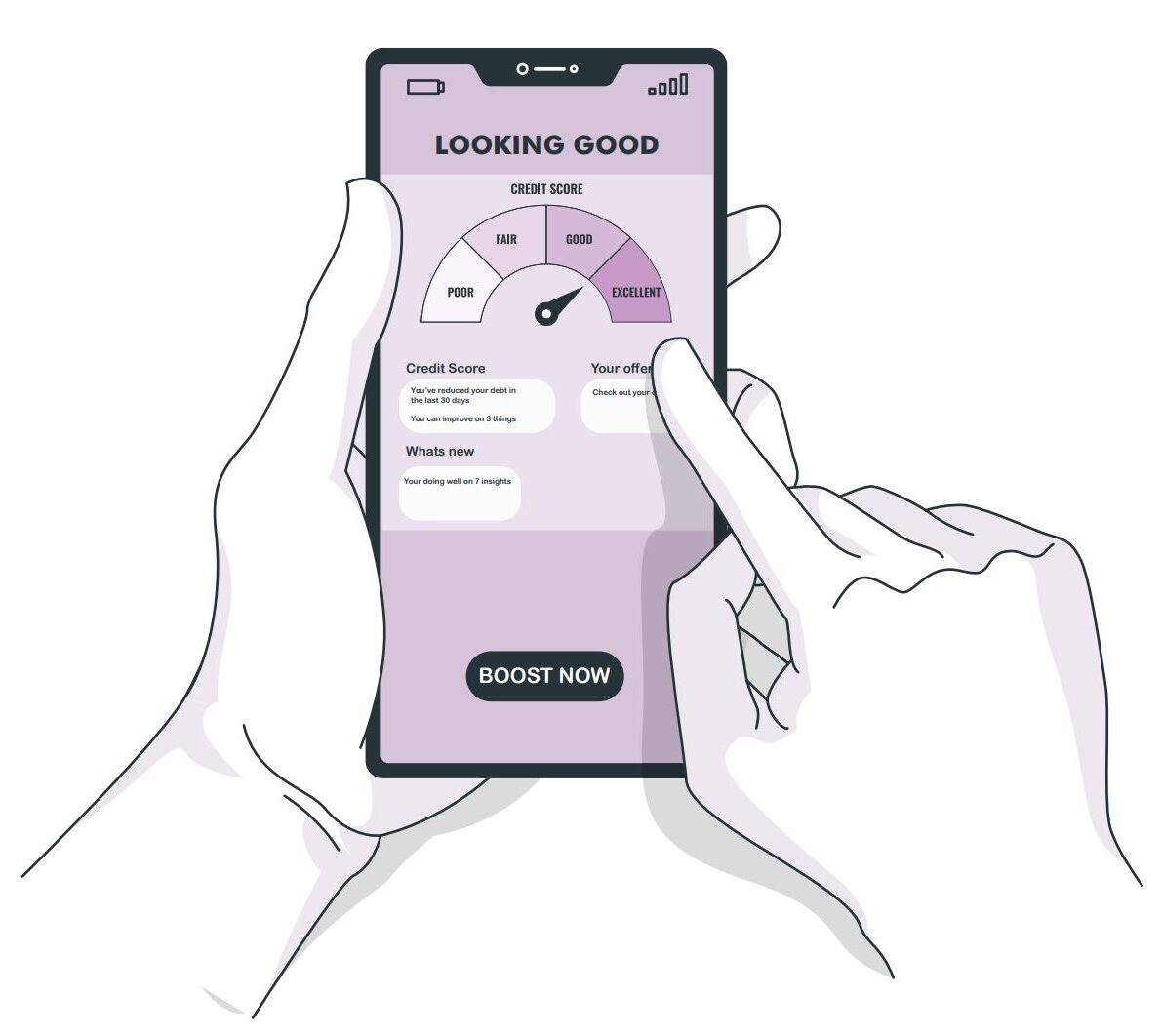On the downside, we found that extra information and updates led to increased feelings of anxiety in some users. Participants also had some concerns about sharing their financial data. This is a sign that app makers should consider how they can better communicate what they do with user data.
Some participants had technical challenges linking to relevant apps and services. For example – some apps did not link to PayPal, which was widely used by our participants.
This was part of a wider sentiment that the apps were too generalist for our user group. Participants felt there was a lack of specialist insight into the circumstances of people on low incomes with health problems or neurodiversity.
Recommendations for a path to better support
There is no one solution to solving the problems people on low incomes face in building financial resilience. Historic, structural inequalities, combined with the rising cost of living have created a very challenging financial landscape for the communities we work with.
People who are struggling to deal with the sharp rise in the cost of living need urgent help. In the longer term, helping people build financial resilience is a step towards greater financial inclusion, and a platform for better health. However, for Open Banking to promote financial inclusion, the financial services sector must commit to supporting marginalised and vulnerable customers.
This is one of the few studies on Open Banking conducted with people on low incomes. We hope that the financial services sector will continue to investigate and look at how to make their own platforms more inclusive. To do this holistically, service providers should consider partnering with apps focused on social impact, as well as supporting sector growth through seed funding.
Helping people to build financial resilience, and better health is a complex task. It is only through a deeper understanding of the issues at hand and working together that we can hope to achieve better financial inclusion for all.






